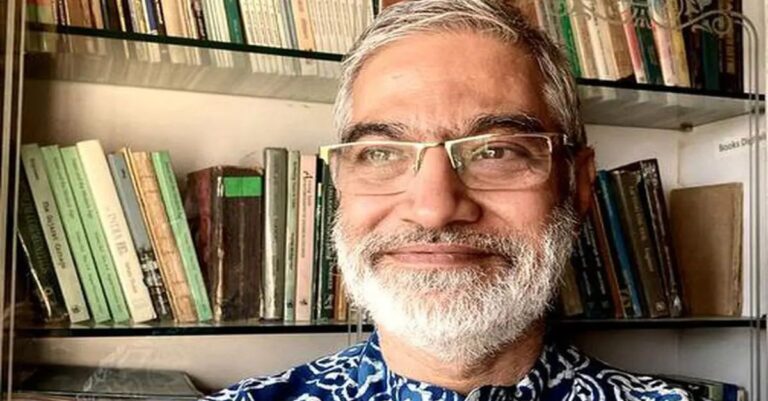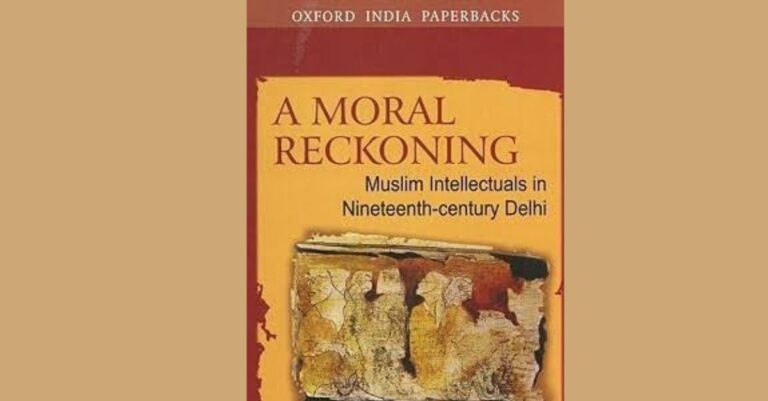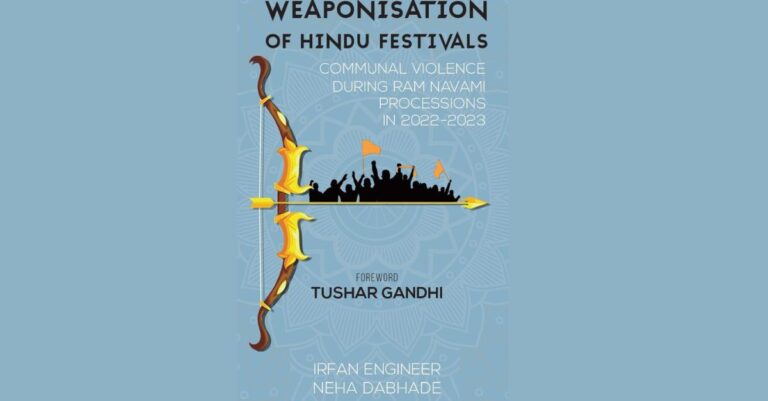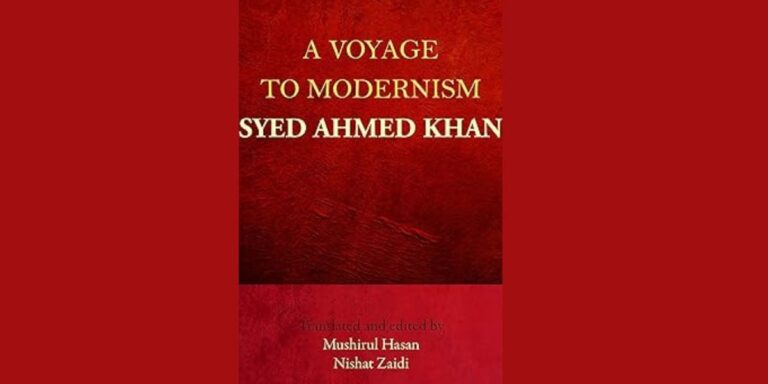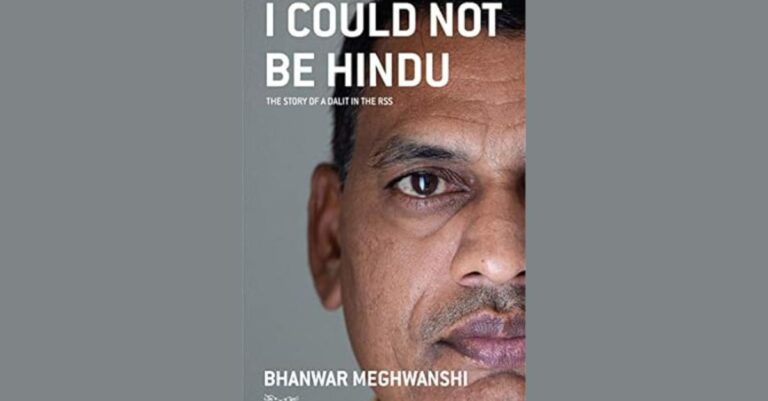
The Black Book: A Review
One of the key legacies of The Black Book is its emphasis on the lived experiences of ordinary African Americans. By including a wide range of materials, from the mundane to the extraordinary, the book presents a more complete and honest portrayal of Black life in America.

